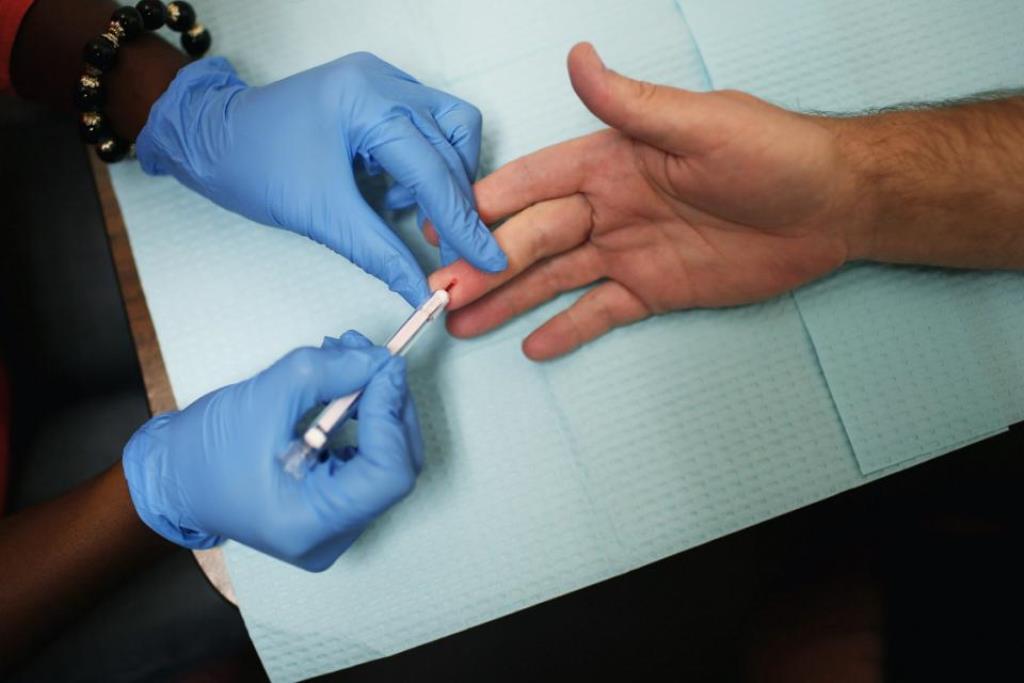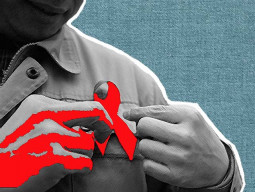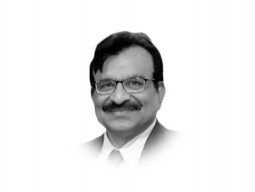
Pakistan has an estimated 210,000 people living with the human immunodeficiency virus (HIV) of which 43% or 90,000 are in Sindh, the provincial health department said on Thursday.
Out of the estimated 90,000 people with HIV, only 19,766 are registered at the 16 HIV treatment and support centres across Sindh.
Of the 19,766 total registered cases of HIV in the province, 46% are from Karachi. The Global AIDS Strategy 2021–2026 as well as the Sindh AIDS Strategy highlights the centrality of urban settings as a cross-cutting issue in all areas of the HIV response.
More than half of the world’s population currently live in cities and cities account for a large and growing proportion of people living with HIV, tuberculosis (TB) and other diseases.
The risk of contracting, and vulnerability to, HIV and TB infection is often higher in urban areas compared to rural areas, because of urban dynamics.
Karachi joined the Paris Declaration on Fast-Track Cities initiative in August 2022 to fast-track its HIV responses and to deliver on the commitments of the Paris Declaration to end the AIDS epidemic by 2030.
In June this year, Sindh became the first province in Pakistan which launched community-based oral pre-exposure prophylaxis (PrEP) — a medicine taken to prevent getting HIV — for key populations and serodiscordant couples (those where one spouse is infected by the virus and the other is not). PrEP is considered a game changer in preventing HIV, the Sindh Health Department stated.
Read Balochistan has 'over 7,000 HIV patients'
To control the disease, the Communicable Disease Control (CDC) HIV/AIDS Directorate of the Sindh Health Department has increased the screening for HIV and public health facilities conducted 1.1 million HIV tests in Sindh.
“We have established a new HIV centre in Karachi and two more will be inaugurated in December 2022 and January 2023,” said Sindh Health Minister Dr Azra Pechuho.
HIV Treatment and Support Center Nawabshah has been upgraded and HIV Treatment Center Sanghar will launch in December 2022.
Collective action is required to end HIV/AIDS and build resilience against the pandemics of tomorrow and destigmatising HIV is a common objective, the provincial health department stated.
“We at the Sindh Health Department are engaged in advocacy and awareness activities at a large scale and we are also ensuring that everyone, everywhere in the province has equal access to HIV prevention, testing, treatment, and care”.



1732623521-0/bitcoin-(1)1732623521-0-165x106.webp)

1732621030-0/Express-Tribune-(7)1732621030-0-270x192.webp)
1732622842-0/Express-Tribune-(9)1732622842-0-270x192.webp)

1725254039-0/Untitled-design-(24)1725254039-0-270x192.webp)

1732617223-0/Untitled-design-(69)1732617223-0-270x192.webp)









COMMENTS
Comments are moderated and generally will be posted if they are on-topic and not abusive.
For more information, please see our Comments FAQ